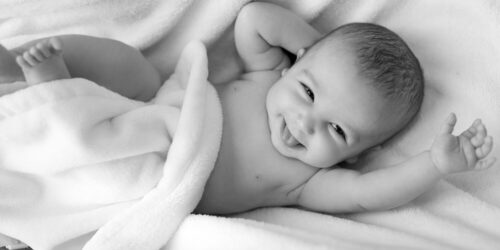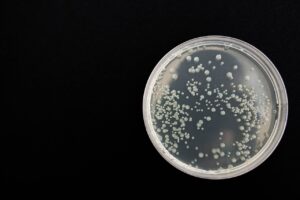This question interests me because I am currently 34 weeks pregnant, and I have been informed that if my baby remains in the breech position with no chance of turning, Estonian hospitals generally schedule a C-section instead of allowing a breech birth.
Let’s delve into the topic.
This is not a straightforward question with a definitive answer, as the science is still evolving. Numerous studies have conducted microbiome tests on infants, and several large studies are still ongoing. It is logical to consider the impact of the birthing process on the newborn’s microbiome. During vaginal birth, the baby is exposed to the mother’s vaginal and fecal bacteria over an extended period, which helps establish the initial colonization of the infant’s gut microbiome. Conversely, during a C-section, the baby is typically not exposed to these maternal bacteria. Instead, the initial colonization of the infant’s gut is influenced by factors such as the bacteria in the hospital environment and skin-to-skin contact with the mother and other family members.
Research has indicated that infants born via C-section may exhibit a different composition of gut bacteria compared to those born vaginally. C-section babies often have a higher abundance of bacteria commonly found on the skin and in hospital environments, such as Staphylococcus and Streptococcus, and a lower abundance of bacteria associated with vaginal birth, like Lactobacillus and Bacteroides.
When Staphylococcus and Streptococcus are the first invaders of a newborn’s microbiome, there is a risk of overgrowth, leading to various infections such as strep throat, skin infections (like impetigo and cellulitis), scarlet fever, pneumonia, and potentially life-threatening conditions like necrotizing fasciitis. These bacteria can also contribute to sinusitis, ear infections, meningitis, and bloodstream infections.
The Baby Biome Study suggests that although these differences tend to even out as the baby transitions from breast milk (which contains probiotics) to solid foods, they do not completely resolve. These small variations may have significant implications for long-term health. Additionally, the baby’s immune system has to rapidly learn to differentiate between beneficial and harmful bacteria. This intricate process occurs within a matter of days, and the precise consequences of early microbiome differences on long-term health are not yet fully understood.
What I have gathered from my research is that undergoing a cesarean section (c-section) should not be taken lightly and should be considered as a last resort when a vaginal birth is not feasible.
Now, I would like to explore the topic of having a breech birth and the level of danger it entails. Specifically, I am curious to understand the potential risks and safety considerations associated with delivering a baby in the breech position.
References:
https://www.ucl.ac.uk/global-health/research/a-z/baby-biome-study



